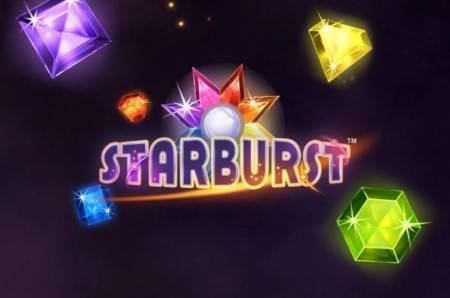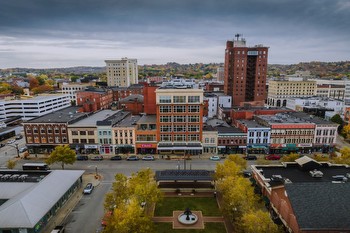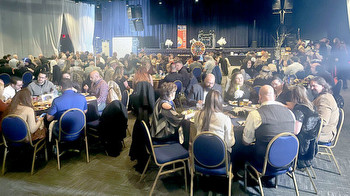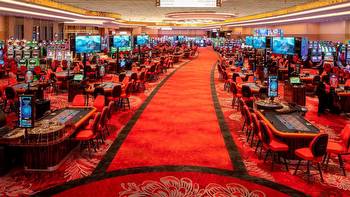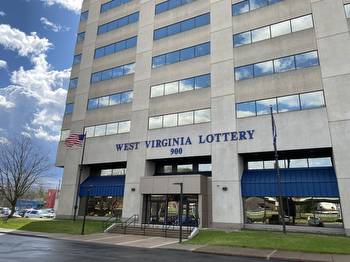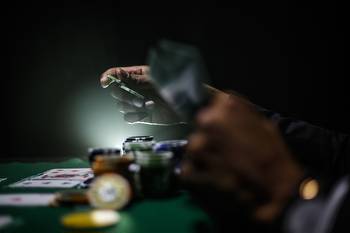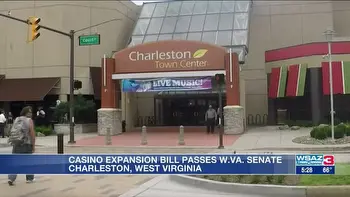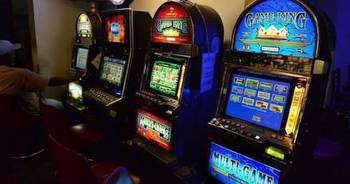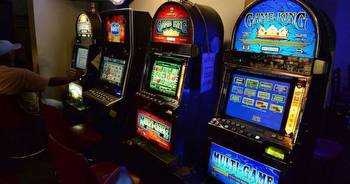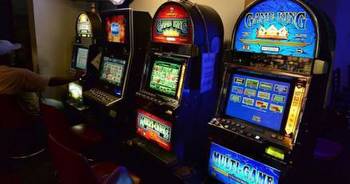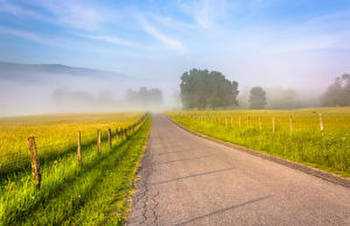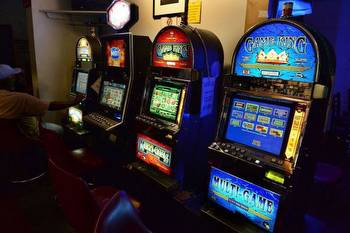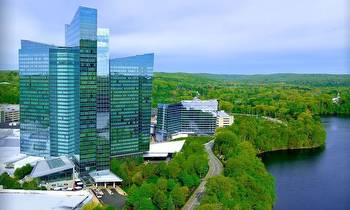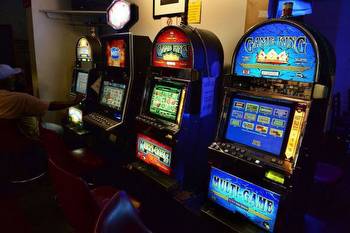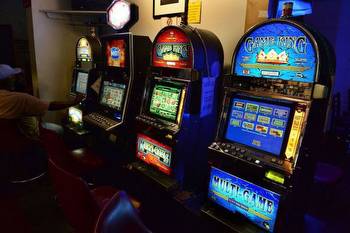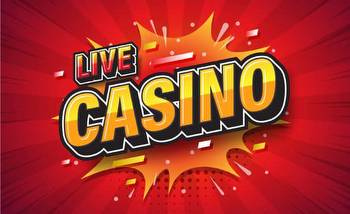West Virginia Lottery and casinos generate more than $1 billion annually to support many programs locals rely on

CLARKSBURG, W.Va. (WV News) — Adding together table games, racetrack betting, sports wagers, video lottery games and the rest of the industry, more than $1.3 billion was spent playing the lottery in West Virginia last year.
The West Virginia Lottery in its entirety contributes more than $500 million to the state each year, with another $700 million paid out in prizes and commissions to retailers.
The funds collected by the state support education, senior and veteran services, the infrastructure council, tourism and the state’s general fund.
Casinos and video lottery retailers employ thousands of people across West Virginia. They also provide entertainment to locals and bring tourism into their communities, said L&E Group lobbyist Ryan Lemmon.
The Wheeling Island and Mardi Gras casinos, which are owned and operated by Delaware North’s gaming division, employ 480 and 440 people in their local communities, respectively, said Delaware North Director of Corporate Communications Glen White.
Although many of the jobs are locally held, much of the capital collected in casinos comes from out of state.
“The vast majority of players you find at our racetrack casinos come from other states,” said Deputy Director of the West Virginia Lottery Randy Burnside.
This is because all casinos in West Virginia are located near the borders of other more populous states, while West Virginia has a low population with a small pool of eligible gamblers, Burnside said.
“Wheeling Island Hotel-Casino-Racetrack continues to be a popular gaming and entertainment destination for patrons in the Greater Wheeling region, including guests traveling from Northwest West Virginia, Eastern Ohio and greater Pittsburgh and staying for weekends and other visits,” White said.
Mardi Gras Casino in Cross Lanes is the one exception to this rule, with 38-39% of its play coming from West Virginia residents, Burnside said.
The other casinos, including the one at The Greenbrier, see only about 10% of their play coming from locals, Burnside said.
In comparison to the other four West Virginia casinos, the casino at The Greenbrier also has a smaller revenue stream, as it serves as an amenity only for those staying at the resort, Burnside said.
In contrast, video lottery games in bars, taverns and other locations catch an overwhelming majority of local players’ business, Burnside said.
“We have seen some decline [in casino sales] in recent years because of the competition from other states,” Burnside said.
Ohio, Virginia, Pennsylvania, Maryland and Kentucky all have their own gaming now, but for many years West Virginia was the only Appalachian state with a legal gaming market, and people traveled many miles for the experience, Burnside said.
Sports betting and iGaming, or the online version of casino games, were also introduced as legal avenues of gaming in recent years to increase overall revenue generation.
In 2023, online and traditional sports betting made a combined $26.4 million in revenue with online games being much more popular, generating $21.9 million in sales, according to the West Virginia Lottery’s 2023 Annual Report.
“Most sports wagering occurs during the Super Bowl [and] March Madness. But you know our college teams are kind of our pro teams in West Virginia. We don’t anticipate [sports betting] growing too much higher than it is, unless there were a change in how we tax it,” Burnside said.
This is also because of the state’s relatively low population and the lack of a professional sports team in West Virginia, he added.
iGaming also has grown significantly since its inception, generating more than $20 million per year now, with more room to grow, Burnside said.
In order to stay competitive, there exists a legislative mechanism for casinos to apply for modernization and improvement funds up to $9 million every year, in order to refresh the casinos and compete with the establishments just across the border.
In recent years, both Wheeling Island and Mardi Gras have completed significant renovations and enhancements to their restaurants and hotels utilizing this measure as well as through private investment, White said.
During the lockdown of non-essential businesses during the pandemic, the Lottery only generated $972.2 million, which was the lowest annual revenue generated in 10 years.
“Because we were still running ahead of our projections that year until the shutdowns came, we were able to meet all of our bond responsibilities, and the Lottery was able to pretty much cover all of our needed outlays to the state, and all of our obligations except for I believe it was under $20 million,” Burnside said.
Gov. Jim Justice and the Legislature took measures and maintained proper funding that budget year so no programs were impacted by the shutdowns, Burnside said.
The Lottery is always very conservative in its projections, Burnside said, just in case there is some unforeseen economic downturn.
“Both Mardi Gras and Wheeling Island casinos have recovered from the capacity limits they operated under during the pandemic,” White said.







